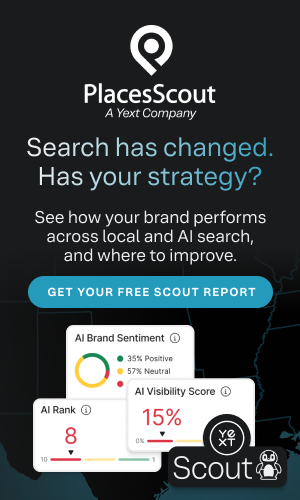Thank you
@Raph2805 - I recommend the following to take control of your indexation:
How to increase citation indexation
1) create a sitemap (basically just a page on the client's site)
2) list our the most authoritative URL's in a clean, organized fashion on this sitemap page
3) publish the new sitemap page
4) create a link to your new sitemap page somewhere in a global element on your site (footer, drop down nav, etc...)
5) submit your sitemap URL to be recrawled via Google Search Console (critically important step)
Also, here's how I recommend going about prioritizing the citation URL's that get added to your sitemap:
How to identify / prioritize citation URL's for indexation
1) copy and paste the huge long list of citation profile URL's into "Batch Analysis" tool in AHREFS
2) download the resulting analysis into a sheet... (we use gsheets)
3) sort the batch of URL's by DR (Domain Rating) from highest to lowest
4) start with the top 10% - 20% of the most authoritative citation URL's
The reason I recommend starting with / keeping it at around the top 20th percentile may or may not be warranted...
Some people may go all out and put every citation URL's on something like a sitemap.
However, I think this might be careless at best, and irrelevant at most.
Careless because all of a sudden you have a surge outbound links pouring from your site - this could look spammy... very spammy!
And irrelevant (to a degree... I'm slightly torn on this particular point) because the top 20th percentile of your citation portfolio will carry more influence on your location authority than all other citations combined... basically the power law distribution of citations.
5) use those top tier DR url's as the starting point to add to your sitemap
6) include niche citation URL's in your sitemap -- niche as in both business category and metro specific citations
I hope this was helpful... let me know if you have any questions!
Thank you again,
Bobby




